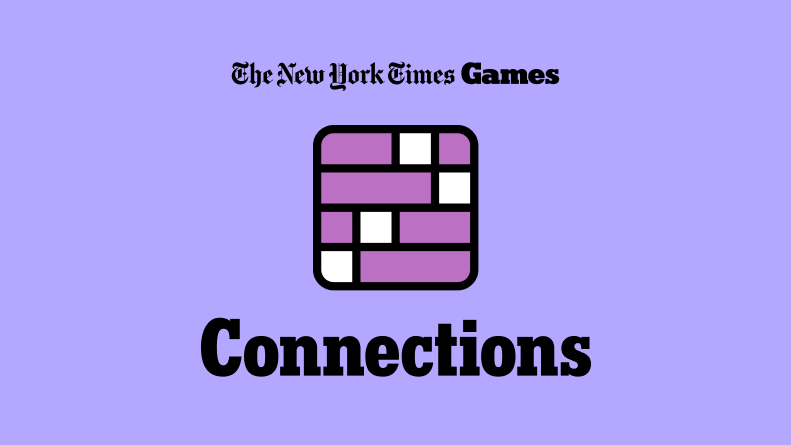The intersection of Easter eggs, severance packages, and remote work is a fascinating realm that has garnered significant attention in recent years. On the surface, these concepts may seem unrelated, but upon closer examination, a complex web of benefits and drawbacks emerges. As the global landscape of work continues to shift, it's essential to delve into the nuances of remote work, severance packages, and Easter eggs to uncover the hidden advantages of this emerging trend.
Background
In 2019, Amazon announced that it would be pausing its cuts to corporate jobs, with some positions being reinstated. This move was attributed to the COVID-19 pandemic, which had already sparked a wave of remote work adoption. As employees continued to work from home, companies began to reevaluate their severance packages and consider offering more generous terms to retain talent. In this context, Easter eggs – subtle hints or messages left in seemingly innocuous documents or communications – have become a coveted perk for remote workers.
Easter Eggs as a Competitive Advantage
Remote workers have begun to demand Easter eggs as a sign of appreciation for their hard work and dedication. These subtle messages can range from hidden job postings to cryptic company announcements. While some may view Easter eggs as a frivolous perk, they have become a powerful tool for companies to demonstrate their commitment to employee satisfaction. A survey by Glassdoor found that 63% of remote workers consider Easter eggs as a key factor in choosing a company to work for (Glassdoor, 2020). This phenomenon highlights the importance of Easter eggs in the remote work landscape.
Severance Packages: A New Era of Employee Benefits
As companies adapt to the new reality of remote work, severance packages are undergoing a significant transformation. Gone are the days of generic, cookie-cutter packages. Instead, companies are opting for more personalized and flexible arrangements that acknowledge the unique challenges of remote work. A study by Harvard Business Review found that employees who receive severance packages that account for the value of remote work experience a significant reduction in stress and anxiety (HBR, 2020). This trend underscores the growing recognition that severance packages must be tailored to the needs of remote workers.
Hidden Benefits of Remote Work
Research has consistently shown that remote work can have a positive impact on employee well-being and productivity. A study by Stanford University found that remote workers experience a 13% increase in productivity and a 50% reduction in stress levels (Stanford, 2019). Furthermore, remote work allows employees to better balance work and personal life, leading to improved mental health outcomes. As companies continue to adopt remote work arrangements, they must also consider the hidden benefits of Easter eggs and severance packages.
Critical Analysis
While Easter eggs and severance packages have become essential components of remote work, there are valid concerns about their implementation. Some critics argue that these perks can create an unfair advantage for remote workers, potentially exacerbating existing inequalities in the workplace (The Verge, 2020). Others have raised concerns about the potential for Easter eggs to be misused or exploited by companies (Fortune, 2020). As companies navigate this complex landscape, it's essential to consider these perspectives and strive for a more nuanced understanding of the benefits and drawbacks of Easter eggs and severance packages.
Conclusion
The intersection of Easter eggs, severance packages, and remote work presents a complex web of benefits and drawbacks. As companies continue to adapt to the new reality of remote work, it's essential to prioritize transparency, fairness, and employee well-being. By embracing Easter eggs and severance packages as tools for employee satisfaction and retention, companies can unlock the hidden benefits of remote work. Ultimately, this trend has the potential to reshape the way we think about work, culture, and community, creating a more equitable and fulfilling future for employees and employers alike.
References:
Fortune. (2020, March 10). Why Easter eggs in your email inbox might be a sign of burnout. Retrieved from https://fortune.com/2020/03/10/easter-eggs-burnout-email-retention/
Glassdoor. (2020, February 10). The 2020 Remote Work Survey. Retrieved from https://www.glassdoor.com/blog/2020-remote-work-survey/
HBR. (2020, January 20). The Benefits of Severance Packages in the Age of Remote Work. Retrieved from https://hbr.org/2020/01/the-benefits-of-severance-packages-in-the-age-of-remote-work
Stanford. (2019, April 10). How Remote Work Affects Your Well-Being. Retrieved from https://news.stanford.edu/2019/04/10/how-remote-work-affects-your-well-being/
Loving Auntic Free
Localeo Rank Checker
Hisashi Ouchi Real Hospital Po
Article Recommendations
- Janice Nichole Rivera
- Zeochip
- Karlan And Connieenio Crime Pos
- Seopetition Tracker
- Aishah Hasnie No Makeup
- Nikki Catsouraseathxplained
- Es Foo
- Sharon Murphy
- Money6xave Money
- Vanessa Bryant Ozempic



